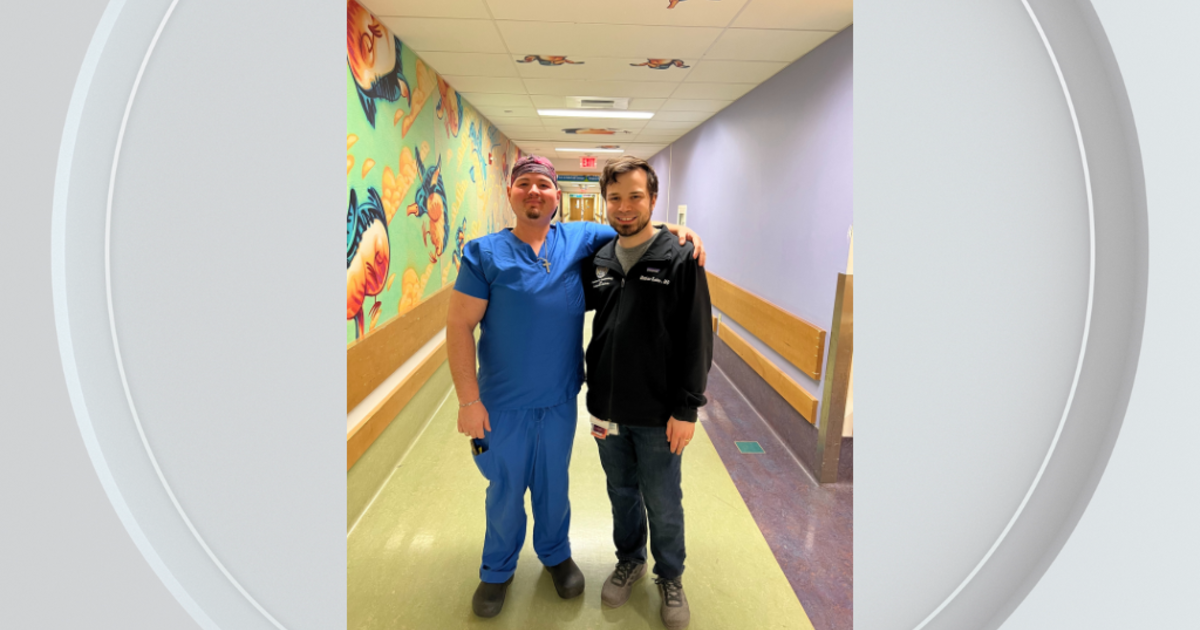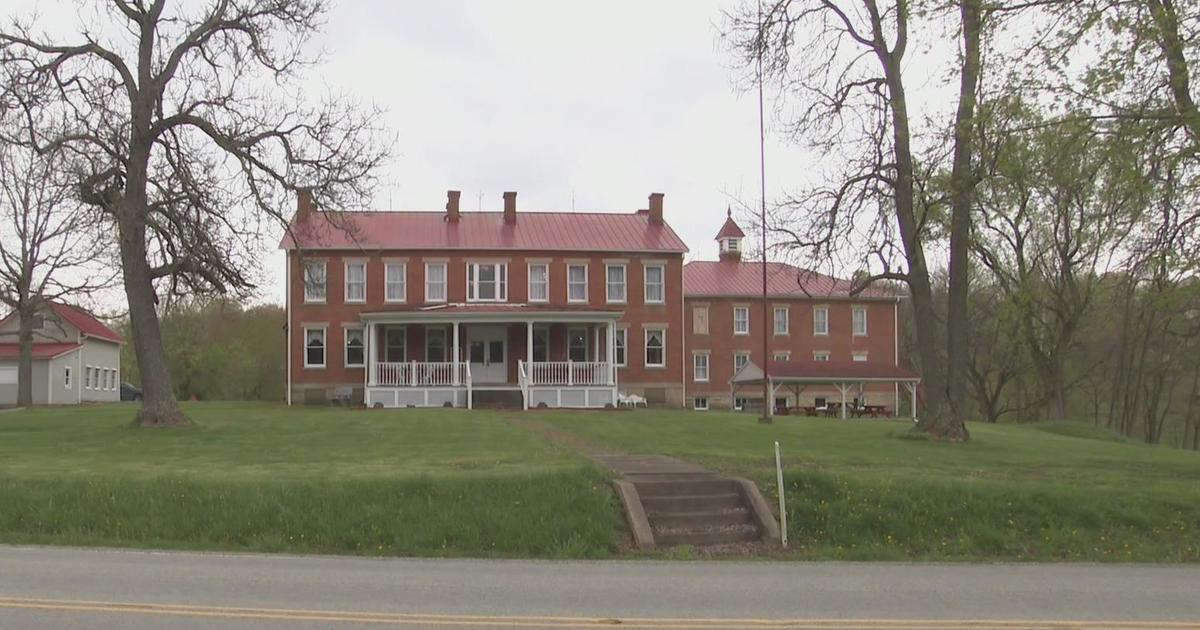Nearby Trauma Centers Make Difference In Patient Outcomes
MONROEVILLE (KDKA) -- Having a designated trauma center nearby in a mass casualty situation can make a difference in time, expertise and outcomes.
"Patients may get to the operating room sooner, and may get intervention sooner than at a hospital that isn't trauma trained or verified," explains AGH trauma surgeon Dr. Christine Toevs.
Trauma centers are designated Level I through V, with a Level I trauma center having the most resources. These include surgeons, ER docs, anesthesiologists, nurses and other support personnel, services and equipment 24 hours a day.
"There's something to be said about having a surgeon on site when patients arrive," Dr. Toevs continues.
Forbes Hospital was granted Level II trauma status last October.
"There's very little difference realistically between a Level II and a Level I in terms of verification, and having a trauma center right there next to the high school to help these kids was a great, great thing for them," she says.
Specialty staff is also part of the level designation: orthopedics, neurosurgery, plastic surgery, radiology, and others; also residents and fellows -- that is surgeons and specialty surgeons in training.
"Forbes shut down all of their elective cases in the OR and made sure the operating rooms were available, made sure every specialty was available, because you don't know exactly what's coming," Dr. Toevs explains.
Official trauma center designation is granted by the state.
Trauma centers can also be verified by the American College of Surgeons.
RELATED LINKS:
The Logistics Of Mass Trauma: What Happens At The Hospitals (4/9/14)
More Health News
More Franklin Regional Stories
More Reports by Dr. Maria Simbra
Join The Conversation On The KDKA Facebook Page
Stay Up To Date, Follow KDKA On Twitter



